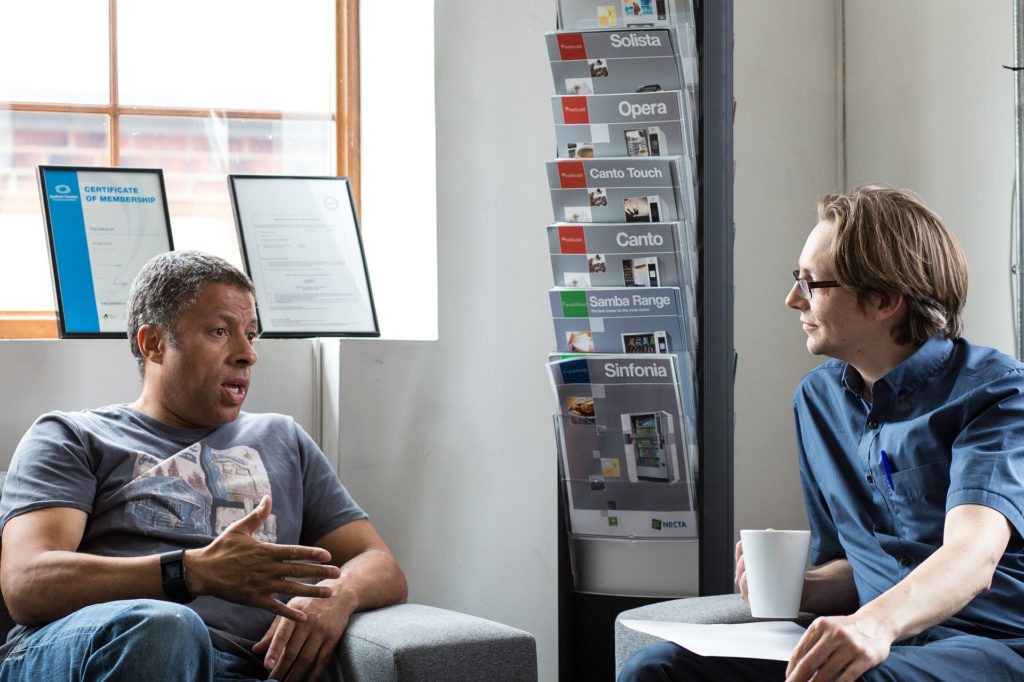How to improve relationships by being a better listener.
Did you ever pour your heart out to someone hoping for something in return, something that would just help make things better? Try to bring an example to mind. I have a favorite one. I’ll share it a little further on. Maybe you can remember one time when you shared and it went well and one time that it went poorly. How about this: do you remember a time when someone that you really care about came to you wanting to tell you about a problem and it went badly? I can help you discover why.
Some people are naturally good listeners. They may just by nature have a personality that is quiet, intuitive, in tune to the feelings of others. Can you think of anyone like that? In yesterday’s FB post I suggested that grandparents are often good listeners. Notice I said generally, because of course many are not. It might be helpful to think of the reasons that they often are, though. One reason is that they may be retired and less busy. They may be lonely and cherish visits and news and information about family. They may have less of their own stuff to share. They may be full of love and devotion for you and just want to drink in everything you say. I think that sharing issues with grandparents can often be a seriously good win/win.

Choosing who you share with carefully is the first step to improving your chance of being heard. Often, though, we turn to the person closest at hand. We assume that those closest to us, that love us the most, like roommates, spouses, children, parents will listen to us.
The problem is that, as much as others may care, they may not be good listeners. You, yourself may not be a good listener. You may care deeply and hear everything that your loved one says, but still not have a good outcome from the other person’s point of view. That happens for lots of reasons. Let me illustrate this by sharing my favorite example that I referenced earlier. One of my favorite people in the whole world was my father in law. He was an absolutely wonderful man and he was very loving to me. I had no doubt that he loved me. Sometimes when I was very upset about something I would confide in him. So here’s how that would play out. I would tell him what I was upset about. Now if it was something broken, like a picture frame, or an appliance, he would just take it to his workshop and fix it, immediately. On the other hand, if it was an emotional problem or something that he couldn’t fix, he would follow up with something profound like, “It’s supposed to get really cold tonight. Low of around 20 I think.”
I’d do a double take and with my mouth hanging open I would say to myself, “What kind of answer is that?” I would feel like I’d been left high and dry! It didn’t take me long to figure out that he just didn’t know how to deal with that sort of problem. I had no doubt that he would if he could, but he didn’t know how. Perhaps that’s the reason you have not been the best listener. You don’t know how. I can help you with that.

The first way to be a better listener is to use good non verbal skills. There are three ways that you can show the speaker that you are interested in what they are saying and paying attention without saying a word.
- Stop what you are doing and turn toward them.
- Look at them in the eyes
- Uncross your arms and legs so that your posture says, “I’m open to this.”
That’s simple enough, isn’t it? It is easy, but it takes intention and practice. Give it a try!
The next thing that you can do is to reflect back what you heard by simply repeating what you heard or even by just repeating one or two of the words the speaker said. For example, if I said, “I am going nuts! I don’t know what to do first. I need to finish my blog, call my sister, start dinner and get to Winn Dixie before dark”. What would you reply? Don’t try to solve the problem. Just reflect. Maybe you could say, “What to do first.”
This kind of response opens the door wider for the speaker to elaborate. Often, the speaker can solve their own problem this way, just by processing it out loud with you. Try it and see how it works. Here’s what doesn’t usually work:
- Continuing on with what you’re doing with no reaction
- Jumping in with solutions
- Talking about your own issues

If you want to be an even better listener and help the speaker work through things and feel better, you can learn to listen with empathy. Wow! That’s a very worthy goal. It works wonders with children and with partners and friends. If you would like to learn more about that, come back next week, OK? I’ll be happy to share. In the meantime try out these skills I just mentioned and see what happens. Happy listening!
